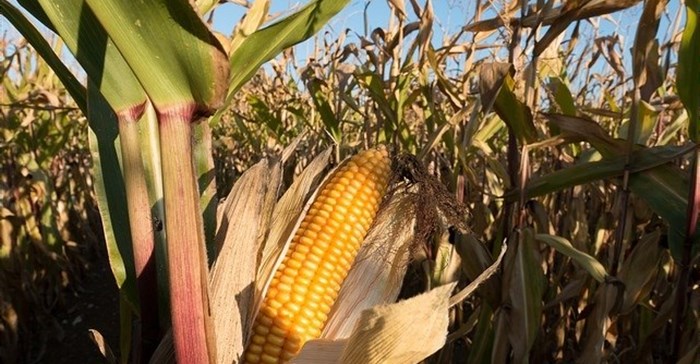
The African Centre for Biodiversity said a new research report on Farm Input Subsidy Programmes (Fisps) found that 10 African governments have spent close on 30% of their agricultural budgets on large-scale Fisps since 2000.
The programmes, which provide 30%–100% subsidies on the price of fertiliser and seed (normally hybrid maize), aim to reduce food insecurity and reduce rural poverty.
"Of the 15 countries that comprise SADC, Botswana and Lesotho offer universal input subsidy schemes, and Malawi, Mauritius, Mozambique, Namibia, Swaziland, Tanzania, Zambia and Zimbabwe provide targeted, large-scale programmes. The remaining countries, including SA, practice ad hoc subsidisation," the report said.
Read the full article on Agri Africa.